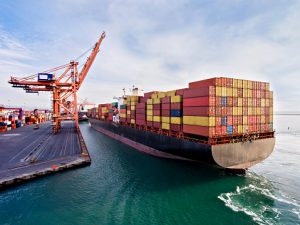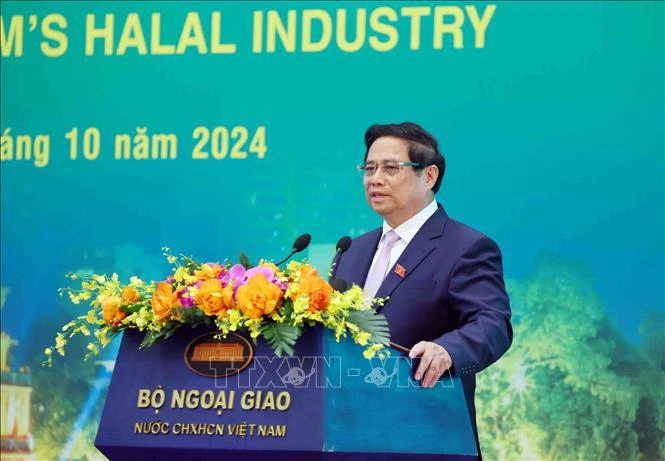The Nation – By ErichParpart
Malaysia External Trade Development Corporation suggests increased cooperation between Thai and Malaysian firms in order help each other complete the supply chain of halal products in the two countries.
Halal products are a US$2.3 trillion business worldwide and Thai business operators and investors are beginning to look into the possibility of exploiting this new market with 2.1 billion potential customers and buyers. Thailand exports $6 billion worth of halal food per year while Malaysia has become one of the major halal exporters, shipping out $11 billion of products per year.
“Thailand is beginning to see the potential of the halal industry as evidenced in the government initiative to set up an ad hoc committee to jointly develop standardised halal food with Malaysia and the increase in Thai firms participating in Malaysia International Halal Showcase (MIHAS),” said Niqman Rafaee M Sahar, trade commissioner and counsellor of Matrade.
Finance Minister Kittiratt Na-Ranong has discussed with Jamil Bidin, CEO of Malaysia’s Halal Industry Development Corporation, since last year on the setting up of a committee to develop Thai halal food to be supplied to Muslim consumers abroad. Thai firms joining the MIHAS annual event in Malaysia have also increased in the past years, with 40 booths set up last year, 25 in 2012 and less than five in 2011.
Niqman said Thailand could benefit from the expertise of Malaysia in the preparation and transportation of halal products. That would increase consumer confidence in halal goods originating from Thailand and Malaysia can benefit from the wider range of halal products in Thailand.
100,000 lines
Thailand produces 100,000 lines of halal products, ranging from services such as banking and insurance to the most popular Thai-made halal foods and other goods such as cosmetics and clothing. Malaysia produces 1,000 products, but it concentrates on those with the highest return, so its product line is more limited than Thailand’s.
“Thailand and Malaysia can help each other complete the supply chain and penetrate new markets while enjoying the mutual benefits that come with that,” he said.
Halal foods and other products are prepared and produced under strict quality control and religious supervision for consumption by Muslims.
Thailand’s biggest problem lies within the stocking and transportation of halal products, since some firms do not clearly understand the strict rules, which has deterred many investors and consumers from buying and investing in Thai halal goods.
Not only can Thailand benefit from the upgrading of standards, which in turn can boost consumer confidence in Thai halal goods, but it and Malaysia can also benefit from the exchange of technology and ingredients, which can help fill in the gaps within the supply chain of the two countries.
The tourism industry in Thailand can also benefit from the improved standard of halal goods and services through an increase of tourists from the Middle East, who in the past might have chosen to go to other halal-friendly destinations with better control of halal products.
Thai restaurants worldwide can enjoy an increase in customers through greater acceptance and confidence of Muslim customers in Thai-made halal food.
Thai restaurant operators and investors should see the potential of opening more halal-friendly Thai restaurants domestically, especially in tourist destinations, and abroad.




